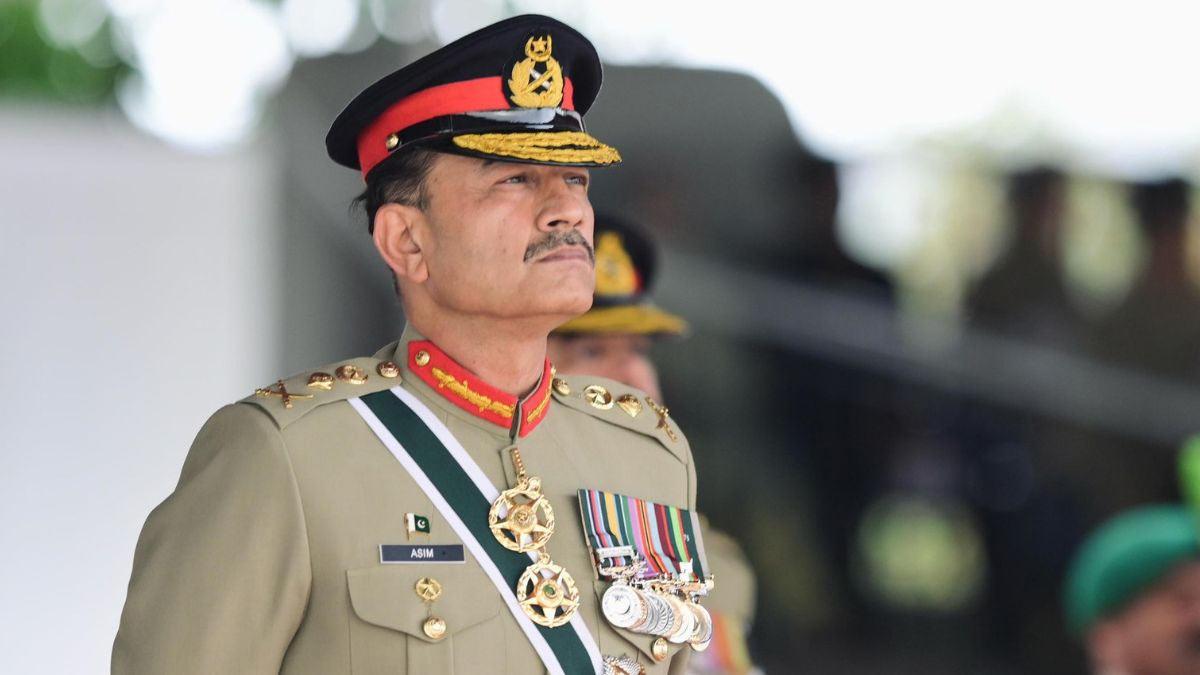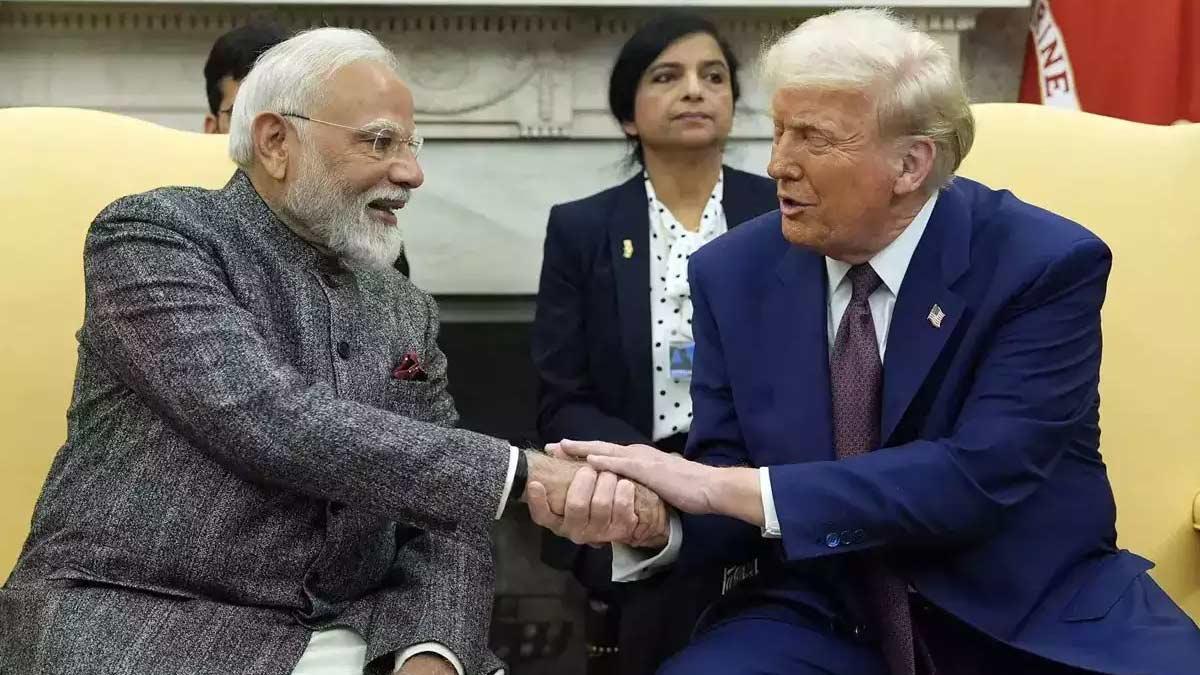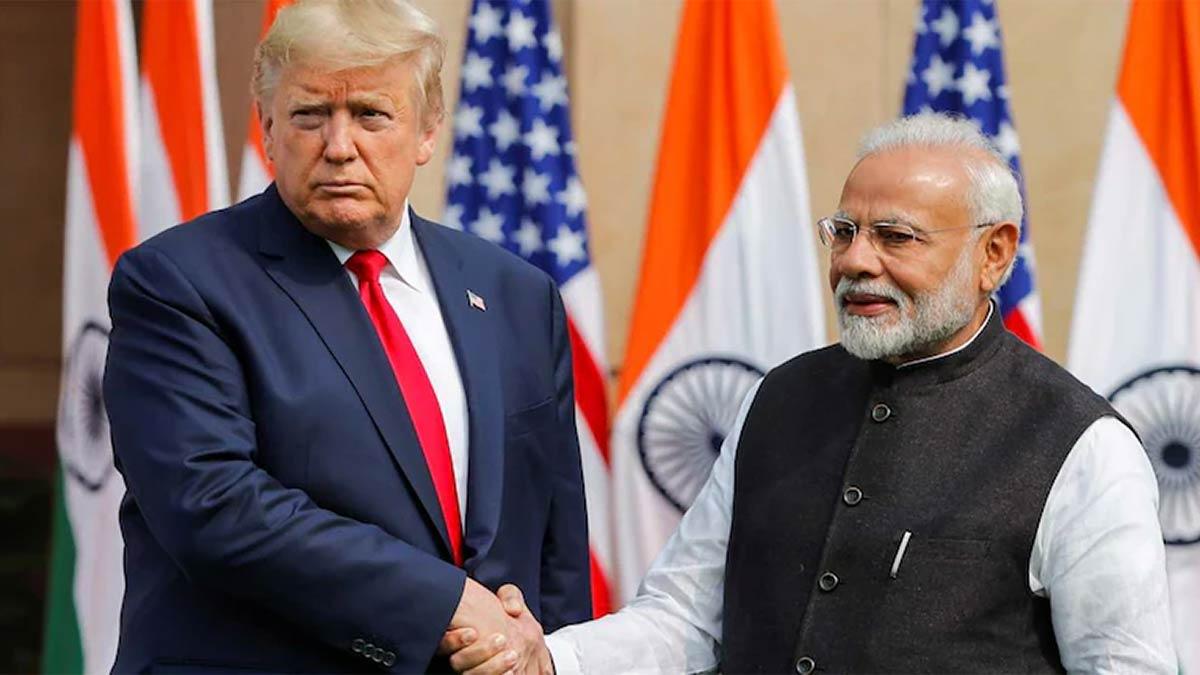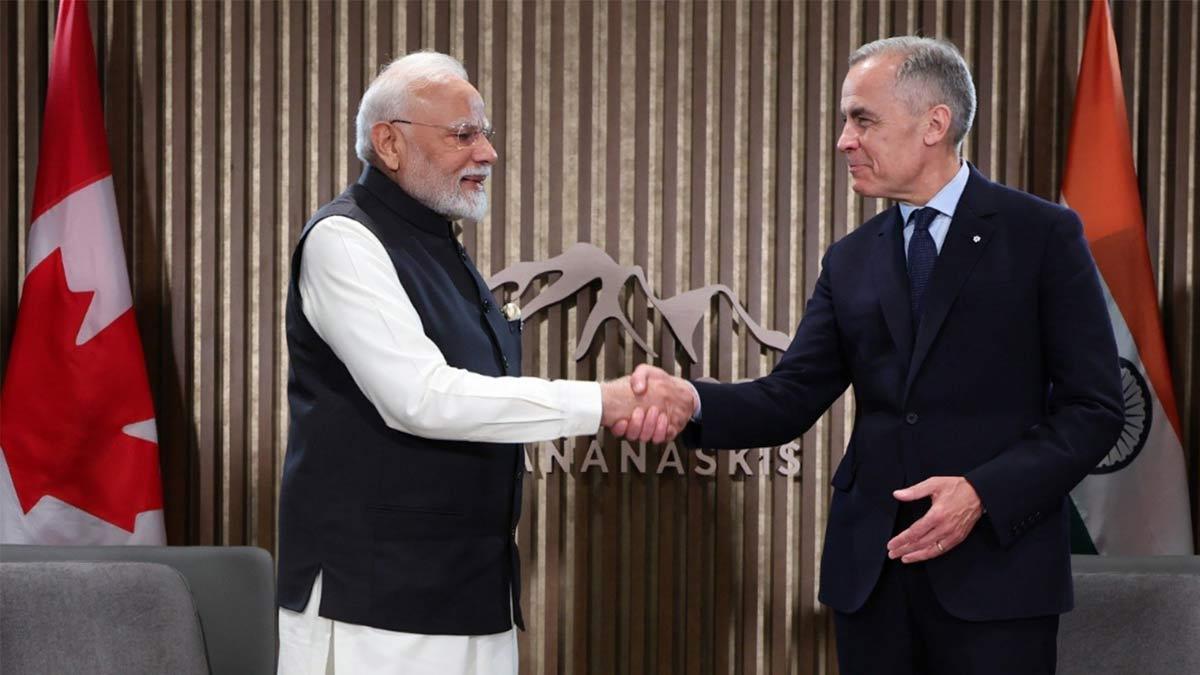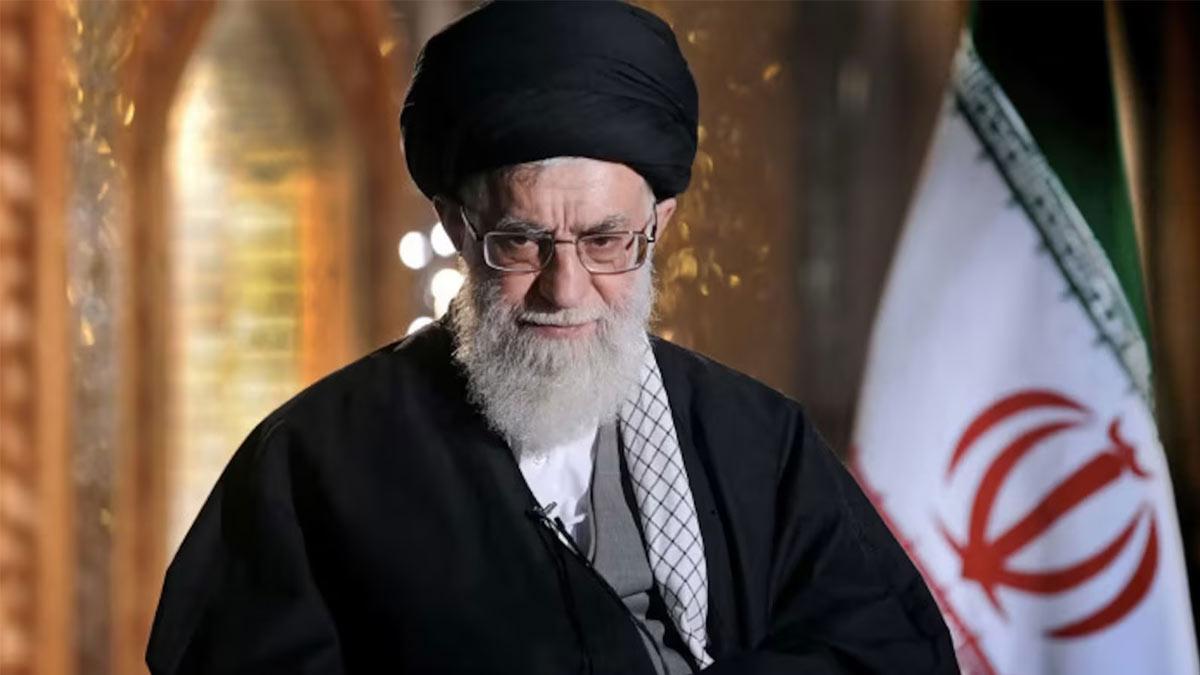In a first-ever move in the aftermath of India's strong Operation Sindoor against terror networks deep inside Pakistan after the Pahalgam massacre, Pakistan's Cabinet, headed by Prime Minister Shehbaz Sharif, made a declaration on Tuesday elevating Chief of Army Staff (COAS) General Asim Munir to the high rank of Field Marshal.
Geo News reports that "the government granted promotion of COAS General Munir to the rank of Field Marshal for ensuring the security of the nation and defeating the enemy through best strategy and valiant leadership in 'Operation Bunyan-um-Marsoos'." The report further added that General Munir has been awarded for his "brilliant military leadership, valour, and devotion in defending the sovereignty and territorial integrity of Pakistan."
General Munir, the 11th Pakistan Army Chief and 57 years old, will be only the second officer in Pakistan's 78-year history to receive this five-star rank. The only Field Marshal previously was military dictator Ayub Khan, who awarded himself the rank in 1959 soon after he seized power. While Munir thanked "Allah" and gave the honour to the country, the move was criticized in Pakistan, particularly because this is the first time that an Army General has been promoted following a defeat.
Since Pakistan is essentially a de facto military state, numerous analysts opine that Munir basically "promoted himself" to Field Marshal after the debacle in Operation Sindoor. Other commentators feel Munir is gambling on a narrative of victory, appropriating this promotion to leverage his control and grip on the nation.
One social media commentator, a former Army officer, wrote, "Musharraf 2.0 loading!" As did Ayub Khan, Munir seems to have a distorted view of Indian military capability—a perception discredited by past encounters: the 1965 war for Khan and Operation Sindoor for Munir.
The government of Shehbaz Sharif also decided to extend the term of Air Chief Marshal Zaheer Ahmad Babar Sidhu, "acknowledging his service and leadership amidst the recent conflict," according to Samaa News.
At the same time, international analysts universally accepted India's military prowess during Operation Sindoor, which was able to strike "any point in Pakistan at will," including terror camps, drone command centers, and airfields. Pakistan, on the other hand, was unable to penetrate any fortified Indian positions.
Operation Sindoor was a significant development in India's battlefield strategy, leading to a sudden and decisive victory over Pakistan. Renowned observers like Tom Cooper, John Spencer, and Jennifer Zeng have presented detailed analyses of India's performance, highlighting the strategic and tactical reasons for India's victory.
Austrian military historian Tom Cooper called India's air campaign a "clear-cut victory." He indicated Pakistan's inability to launch a proper counterattack as proof of the robustness of India's strategy. Cooper stressed the collapse of Pakistan's deterrence policy, stating that its threats of retaliation and nuclear escalation "failed" when India reacted vigorously and even heightened the conflict. He stressed also that the hostilities ceased when Islamabad requested a "ceasefire" after having experienced heavy losses.
Cooper proposed that Pakistan's withdrawal was probably due to exhausted stocks of effective ordnance, including attack drones. Urban Warfare Studies Chair at the Modern War Institute John Spencer thanked India for its approach as a model of strategic restraint and assertiveness. He emphasized that Operation Sindoor redefined India's red lines, branding cross-border terror strikes as acts of war.
Spencer described, "India retaliated harder, but fell short of general war. That is textbook deterrence: calibrated, controlled, and credible." He called Operation Sindoor a "massive victory" for India and claimed the country attained and even "surpassed its strategic objectives" in only four days of targeted military intervention. Spencer stressed that this was an exercise of "decisive power, clearly applied" rather than any symbolic action.
Read also| Macron's Snub of Bangladesh’s Yunus Leads to Trip Cancellation

